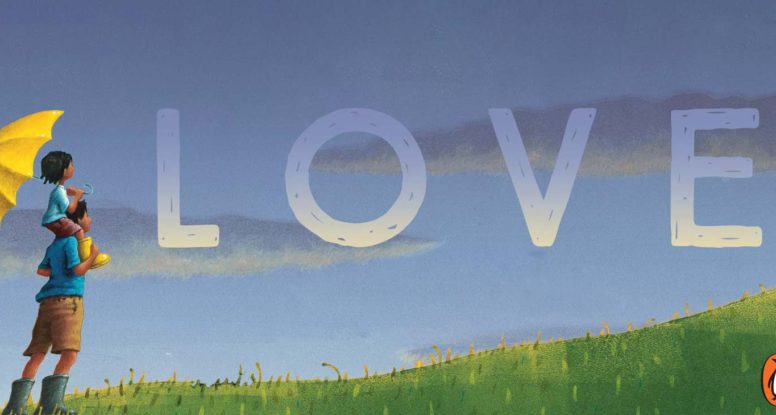How does the gospel empower women and other minorities to have a voice? How does Jesus address violence against women? What part do we have to play in changing the culture?
In this final part of the series on Lessons from Joseph, how and why did Joseph forgive his bothers? What can we learn about forgiveness from his story?
Continuing our series on the life of Joseph, we will be looking at the question of why there is suffering & pain in the lives of good people.
“There is nothing more healing to the sinful heart than to be fully known and yet fully loved” (Ty Gibson).
Who knows you best? Your mum? Your best friend? Your partner?
We cherish those who know us intimately and yet love us, warts and all. We don’t have to contrive small talk or put on masks – we can just be ourselves.
I recently spent about a week in the South Island of New Zealand. The epic display of natural beauty left me breathless throughout our roadtrip from Nelson to Queenstown then back to Nelson. I remember seeing Lake Pukaki for the first time and it was so unreal! It literally looked like someone had Photoshopped and enhanced the place.
There were many other “wow moments” throughout the trip but one stood out for me: the bridge jump at the Blue Pools. I had packed some swimwear for that day just in case I felt like swimming but jumping off the bridge was definitely not on the agenda. The sun was not out so it was on the chillier side of the scale. Due to these lighting conditions the “Blue Pools” appeared greenish – still super gorgeous. I had a quick feel of the water with my feet and it was freezing cold so, in my mind, swimming was highly unlikely. My good friend went ahead and jumped without much drama. Then I saw some kids jumping as well. It looked so fun and the thought that I might not be back at this beautiful place for a while helped me make the decision to give it a go.
In part 2 of our series on the life of Joseph, we will look at how the Bible defines success and how we can succeed.
This list is by no means comprehensive. Here are a few lessons I learned from Matthew 22 – the showdown between Jesus and the major religiopolitical groups of His time.
We live in an increasingly fragmented world, where it’s hard to feel like we fit in, even at church. How can we learn to belong? We’re starting a new series on the life of Joseph, a man who went from spoiled child to slavery to convict to powerful leader.
Being a primary school teacher, I’m always on the lookout for good books to share with my students. Some – actually, many – of the children’s books I come across lack depth, meaning and in some cases a storyline (and I’m not talking about the educational ‘A is for apple. B is for bear’ books).
But, every once in a while I come across a fantastic book that not only makes a particular theme or point accessible for a child but also captures the imagination of the adult reader. I recently came across a picture book entitled ‘Love’.
The Church has a bad reputation of wanting and misusing your money. What does the Bible say about true giving?





